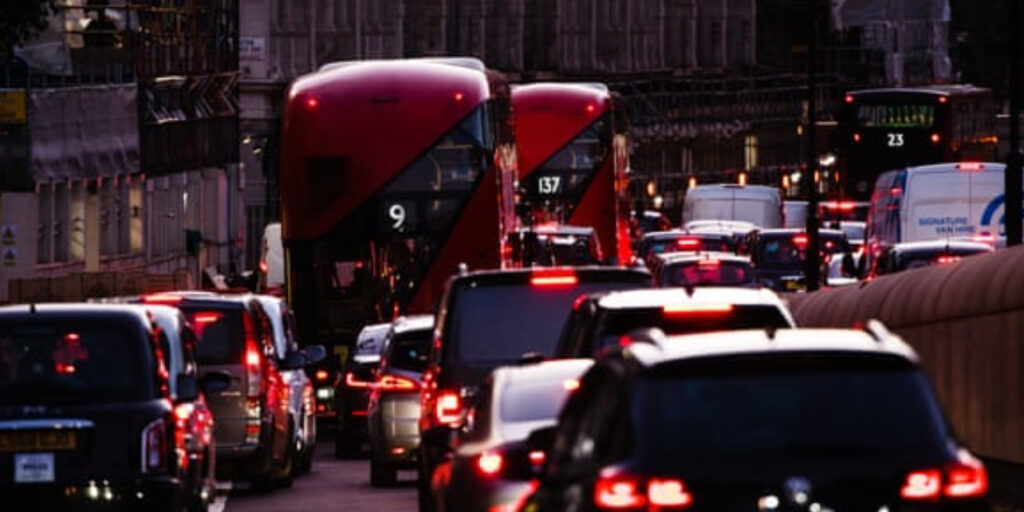Much like its famously gridlocked traffic, London remains Europe’s most congested city, outranking Paris and Dublin in a report by transport analytics firm Inrix.
The capital’s drivers endured an average of 101 hours in traffic last year—a 2% rise from the previous year.
The analysis revealed a steady increase in delays across recent years, from 97 hours in 2022 to 99 hours in 2023. London’s A40 Westway was crowned the UK’s most congested road, with rush hour between 5pm and 6pm proving the worst.
Paris, connected to London via the Eurostar, came second with 97 hours of traffic delays, followed by Dublin at 81 hours. Inrix estimated congestion cost London a staggering £3.85 billion—roughly £942 per driver across its 4 million motorists.
Nationwide Trends in Traffic Delays
Elsewhere in the UK, Bristol and Leeds joined London as the top three most gridlocked cities, with drivers facing 65 hours and 60 hours of delays, respectively.
Manchester saw a significant 13% rise in congestion, surpassing Leeds in total hours lost but ranking lower when adjusted for city size. Birmingham, however, saw a 10% improvement in traffic flow, dropping from second to sixth place.
Inrix transportation analyst Bob Pishue commented, “While the UK saw a slight increase in overall congestion, London remains the epicentre, accounting for half the country’s delays.
Roadworks on major routes like the M25 Wisley interchange added to the city’s woes, while cities like Manchester experienced the sharpest increases.”
Causes of Congestion in London
Inrix attributed London’s traffic woes to its high population density and concentration of economic activity. The city also hosts many of the UK’s worst traffic corridors.
Transport for London (TfL), which manages a third of the capital’s traffic on its red route network, highlighted its efforts to tackle congestion.
A TfL spokesperson said, “We are committed to helping Londoners travel safely, sustainably, and efficiently. Investments in walking, cycling, and public transport are making sustainable travel easier, reducing congestion. Our world-leading programmes ensure roads are used as efficiently as possible.”
A Long-Standing Problem
London’s traffic troubles are far from new. Historical accounts from diarist Samuel Pepys in 1661 describe hours-long delays, while author Evelyn Waugh famously satirised the chaos of Piccadilly Circus in his 1938 novel Scoop.
The city even flirted with a 1960s plan for a 50-mile “box” motorway network, which was ultimately scrapped following widespread protests over the demolition of homes.
London’s reputation for congestion continues to endure, as the capital navigates the challenges of modern urban mobility while maintaining its status as Europe’s busiest metropolis.


